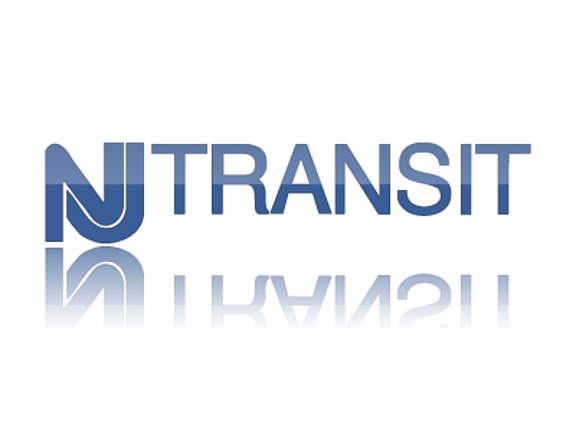UPDATED: NJ Transit engineers strike
TRANSPORTATION. Talks are planned today with the help of federal mediators.

Train engineers in New Jersey’s huge commuter rail system went on strike early Friday, May 16, leaving its 350,000 daily riders either working from home or seeking other means to transit the state or cross the Hudson River into New York City.
People who normally rely on New Jersey Transit took to buses, cars, taxis and boats for the morning rush hour after trains ground to a halt at a minute past midnight.
Some left extra early to avoid problems. A few, unaware that the strike was under way, showed up and waited for trains that weren’t going to arrive.
Early indications were that the strike hadn’t resulted in major traffic jams or epic lines to get onto buses. Friday’s rail commute into New York from New Jersey is typically the lightest of the week.
But there was some confusion and extra costs as passengers tried to figure out alternate routes in a system that, besides helping New Jerseyans get to work or into Manhattan to see a Knicks game or a Broadway show, also helps New Yorkers get to Newark Airport or concerts at the Meadowlands.
David Milosevich, a fashion and advertising casting director, was on his way to a photo shoot in Brooklyn. At 1 a.m., he checked his phone and saw the strike was on.
“I left home very early because of it,” he said, grabbing the bus in Montclair, N.J., and arriving in Manhattan at 7 a.m. “I think a lot of people don’t come in on Fridays since COVID. I don’t know what’s going to happen Monday.”
1M weekday trips
NJ Transit, the nation’s third-largest transit system, operates buses and rail in the state, providing nearly 1 million weekday trips, including into New York City.
The walkout comes after the latest round of negotiations Thursday, May 15 didn’t produce an agreement. It is the state’s first transit strike in more than 40 years and comes a month after union members overwhelmingly rejected a labor agreement with management.
“We presented them the last proposal; they rejected it and walked away with two hours left on the clock,” said Tom Haas, general chairman of the Brotherhood of Locomotive Engineers and Trainmen.
NJ Transit chief executive Kris Kolluri and Democratic Gov. Phil Murphy held a news conference Friday. They said they got close to what the union was seeking on wages but raised concerns about the longer-term fiscal health of the transit agency.
“What’s the point of giving you a pay raise if a couple of years from now your job is not going to exist?” Kolluri said. “That’s sort of what we’re talking about in the most plain and simple terms.”
Groups of picketers gathered in front of transit headquarters in Newark and at the Hoboken Terminal, carrying signs that said “Locomotive Engineers on Strike” and “NJ Transit: Millions for Penthouse Views Nothing for Train Crews.”
BLET national president Mark Wallace walked the picket line outside New York City’s Penn Station, and he said the engineers are committed to staying on strike until they get a fair deal. Union members were nearly unanimous in authorizing a strike last summer, and 87 percent of them rejected the latest agreement.
Wallace said NJ Transit needs to pay engineers a wage that’s comparable to Amtrak and Long Island Railroad because engineers are leaving for jobs on those other railroads for better pay,
The next talks were scheduled for Sunday, May 18 with the help of federal mediators. The parties met Monday, May 12 with a federal mediation board in Washington, and a mediator was present during Thursday’s talks.
The union has seen steady attrition in its ranks at NJ Transit as more of its members leave to take better-paying jobs at other railroads. The number of NJ Transit engineers has shrunk from 500 several months ago to about 400. The engineers are responsible for operating trains, ensuring safe and smooth transport between stations.